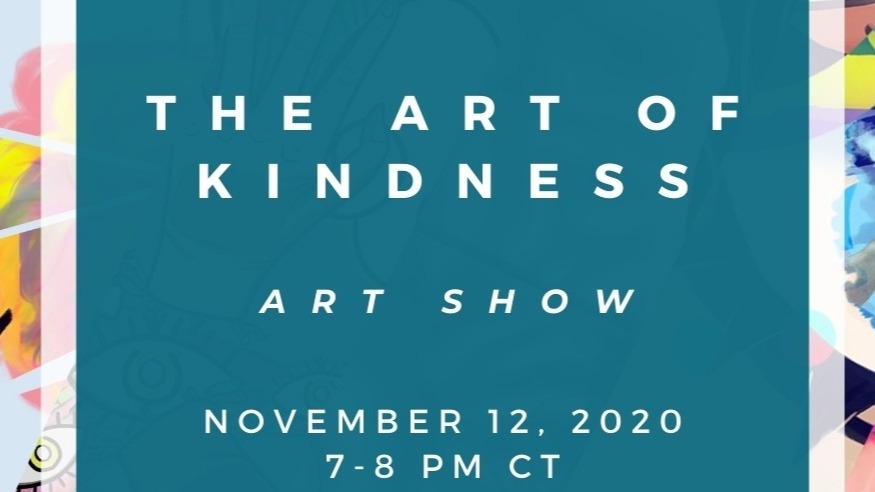- Limit distractions: Extra stimuli in your environment take away from your brain power when you need to think deeply and creatively, so protect your workspace from common distractors—including people and pets as well as notifications on your digital devices.
- Create a brain management schedule: Plan your day so you can carve out time to focus on tasks requiring deep thinking—even if it is just for 15 to 20 minutes—during a time when you allow no interruptions.
- Jot down things that come to mind spontaneously: Our mind is an amazing organ—like when we suddenly think of something we almost forgot to do. The idea comes to mind and then takes over our thoughts or diverts our action. One of the biggest culprits that hinders single-tasking is our busy-brain syndrome—thinking about other ‘to-dos’ while we are working on a task. We know that life happens anyway, but by keeping a writing pad nearby you can make a quick note rather than jumping into the new task. You will feel a sense of resolution, and most importantly, your brain can remain calm, in the zone and continue to think deeply and stay focused.



